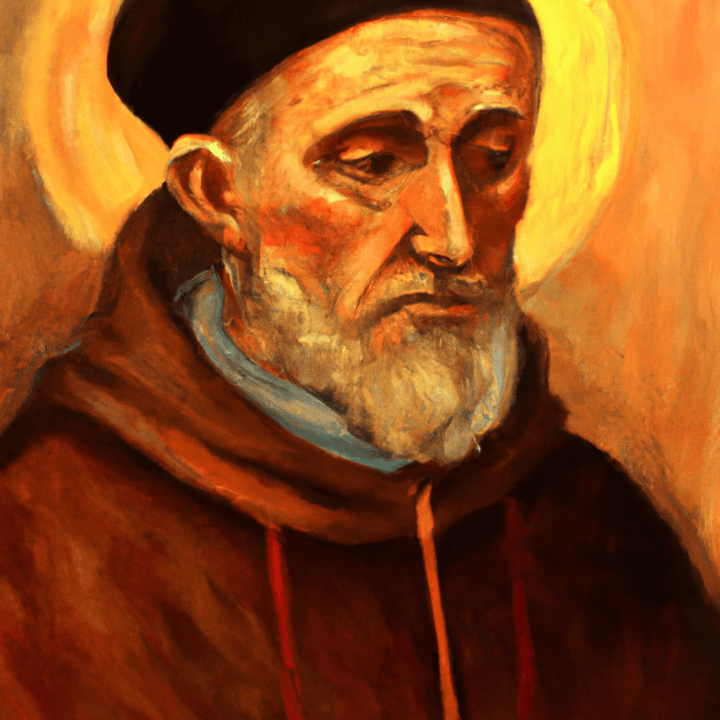The Beloved Theologian: The Life and Legacy of Agustín de Hipona Pacheco

The Beloved Theologian: The Life and Legacy of Agustín de Hipona Pacheco
Introduction:
Agustín de Hipona Pacheco, widely known as Saint Augustine, was a renowned philosopher, theologian, and bishop who profoundly influenced both religious thought and Western philosophy. Born in the year 354 in the town of Tagaste, Numidia (present-day Algeria), his life journey led him to become one of the most celebrated figures of early Christianity. This biography delves into the extraordinary life and lasting impact of this beloved theologian.
Chapter 1: Childhood in North Africa
– Early years in Tagaste under the influence of his pious mother, Monica.
– Education at Madaurus and Carthage, where Augustine indulged in worldly pursuits.
– Intellectual curiosity ignited by reading Cicero’s Hortensius.
Chapter 2: Conversion to Christianity
– Joining Manichaeism but later growing disenchanted with its teachings.
– Encounter with Bishop Ambrose of Milan during a trip to Italy that played a pivotal role in his conversion to orthodox Christianity.
– Augustin’s baptism by Ambrose leading him towards a profound spiritual transformation.
Chapter 3: Writings on Theology and Philosophy
– Augustine’s prolific literary career encompassing influential works like “Confessions,” “City of God,” “On Christian Doctrine,” and many others.
– Exploration of philosophical concepts such as free will, original sin, predestination, grace, and divine omnipotence.
– Contributions to the development of Christian theology through innovative ideas blending Neoplatonism with orthodox Christianity.
Chapter 4: Episcopacy and Ecclesiastical Influence
– Appointment as Bishop of Hippo Regius (present-day Annaba), where he dedicated himself to pastoral duties for over three decades.
– Battles against heresies like Donatism and Pelagianism through writings and public debates.
– Political engagement and mediation during tumultuous times, striving for unity within Christendom.
Chapter 5: Legacy and Influence
– Examination of Augustine’s lasting impact on religious thought, philosophy, and Western civilization as a whole.
– Consequences of his ideas on Christian doctrine, moral theology, sacraments, just war theory, and political philosophy.
– Influence on prominent thinkers like Thomas Aquinas, Martin Luther, John Calvin, and modern theologians.
Conclusion:
Agustín de Hipona Pacheco’s journey from a restless youth to becoming the beloved theologian Saint Augustine is an inspiring tale of personal transformation. His exceptional intellect combined with a deep spirituality allowed him to address complex theological questions that continue to resonate throughout the centuries. Saint Augustine’s teachings have left an indelible mark on religious discourse and philosophical inquiry while shaping the understanding of Christian faith in diverse cultural contexts. As his legacy persists to this day, Agustín de Hipona Pacheco remains treasured as one of Christianity’s most profound thinkers.